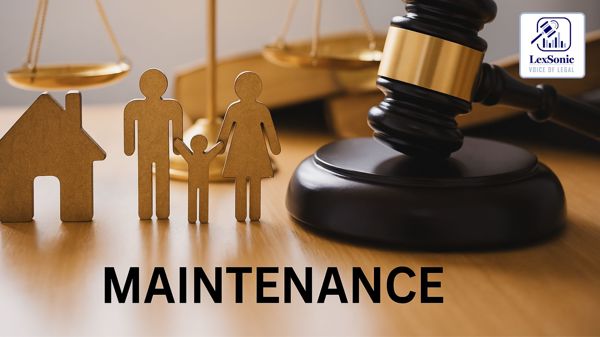Family Court Orders: When Writs Become the Remedy for Interim Maintenance.
03 November 2011
Maintenance >> Family Law | Hindu Marriage Act >> Marriage Law
Disputes within families often involve financial strain. The Hindu Marriage Act, 1955 (the Act) allows spouses to seek interim maintenance during court proceedings. But what if you disagree with the amount awarded? This article explores the legal options for challenging interim maintenance orders passed by Family Courts in India.
Background:
Prior to 1976, orders for interim maintenance under Section 24 of the Act were appealable under the original Section 28. This meant dissatisfied parties could contest the order before a higher court. However, a 1976 amendment to the Act changed the game. The amended Section 28 took away the right to appeal against interim maintenance orders (Sections 24, 25 & 26). This left a gap in the legal recourse available to those who felt the awarded amount was unfair. The Family Courts Act, 1984 (the FCA) established Family Courts to handle matrimonial disputes. Section 19(1) of the FCA allows appeals from judgments and orders (excluding interlocutory orders) passed by Family Courts.

The Interlocutory Order Question:
The key question became whether an order for interim maintenance is an interlocutory order, meaning a temporary order during ongoing proceedings. Courts have consistently held that such orders are indeed interlocutory.
Appeals vs. Writs: The Court's Verdict:
Given the interlocutory nature, appeals under Section 19(1) of the FCA are not available. However, the court recognized the need for a remedy. Their solution? Article 227 of the Constitution, which empowers High Courts to issue writs for enforcing fundamental rights and ensuring justice.
Conclusion:
While appeals are not an option for challenging interim maintenance orders passed by Family Courts, a writ petition under Article 227 offers a path for aggrieved parties. This option allows individuals to seek judicial review of the order and potentially obtain a more just outcome.
Family Courts Act, 1984 HINDU MARRIAGE ACT, 1955
